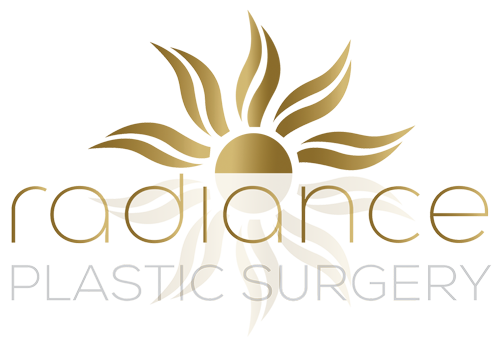Plastic surgery has existed for centuries, but many still wonder, “Why is it called plastic surgery?” Contrary to popular belief, the term has nothing to do with synthetic materials like plastic. In this comprehensive guide, we will look into the origins of the term, its history, and the distinction between plastic surgery and cosmetic surgery. By understanding the roots of this medical practice, you can gain a deeper appreciation for the expertise and skill involved in these procedures.
The Origin of the Term Plastic Surgery
“Plastic surgery” comes from the Greek word ‘plastikos,’ which means molding or shaping something. This word dates back nearly 200 years when German doctor Carl Ferdinand von Graefe first coined it in 1818 to describe the process of reshaping or molding body tissues. It is important to note that the term does not correlate with the synthetic polymer known as plastic.
A Brief History of Plastic Surgery
Plastic surgery can be traced back to ancient times, with the first recorded instances dating back to 2000 B.C. in India. Back then, individuals could have their noses cut off as a punishment for a crime or during an act of war. Early surgeons would reconstruct the nose using a wax replica held in place by the skin from the cheek or forehead.
The practice of plastic surgery continued to evolve over the centuries, with significant advancements made during the time of the World Wars. Soldiers who sustained burns, lost limbs, or required facial reconstruction turned to plastic surgery for treatment. As a result, the field expanded and branched into various sub-specialties, such as craniofacial surgery.
Plastic Surgery vs. Cosmetic Surgery
Though the terms are often used interchangeably, plastic surgery and cosmetic surgery have distinct differences. Plastic surgery encompasses both cosmetic and reconstructive procedures, whereas cosmetic surgery focuses solely on enhancing one’s appearance for aesthetic purposes.
Reconstructive surgery, a subset of plastic surgery, aims to correct deformities or functional impairments caused by injuries, burns, genetic defects, and diseases. These procedures help restore and improve the quality of life for patients affected by various conditions.
On the other hand, cosmetic surgery is performed to improve a person’s appearance and self-confidence. Procedures may include facelifts, breast augmentations, and liposuction, among others. While these surgeries are elective, they still require the expertise and skill of a qualified plastic surgeon.
Common Plastic Surgery Procedures
Here are some popular plastic surgery procedures that can fall under either reconstructive or cosmetic categories:
- Facial Surgery: This category includes procedures such as blepharoplasty (eyelid reshaping), rhinoplasty (nose job), otoplasty (ear pinning or reshaping), and rhytidectomy (facelift). Patients may undergo chin augmentation, earlobe repair, or other specialized facial surgeries.
- Breast Surgery: Procedures in this category cover cosmetic corrections, reductions, and augmentations. These surgeries can be performed to enlarge, replace, or improve the shape of breast tissue. Examples include mastopexy (breast lift), breast augmentation (enlargement), breast reduction, and breast asymmetry correction.
- Lifts and Liposuction: Liposuction involves removing fat from specific body areas, such as the stomach, thighs, and buttocks. Lifts can be performed on various body parts to remove excess skin and tighten the surrounding tissue. Common areas for lifts include the face, neck, and stomach, with procedures like abdominoplasty (tummy tuck), body contouring, and Brachioplasty (arm lift).
The Importance of Consulting a Qualified Plastic Surgeon
Plastic surgery continues to evolve, providing patients with various options to enhance their appearance or address functional concerns. However, consulting with a trusted, trained medical professional before undergoing any plastic surgery procedure is crucial. Choosing a qualified plastic surgeon ensures you receive the highest level of care and achieve the desired results.
In conclusion, “plastic surgery” originates in Greek and is unrelated to the synthetic polymer commonly known as plastic. With a rich history spanning thousands of years, plastic surgery has come a long way from its early beginnings. Understanding the distinction between plastic surgery and cosmetic surgery and the variety of procedures available can help you make informed decisions about your treatment options. Always consult a qualified plastic surgeon to ensure the best possible outcome for your needs.

